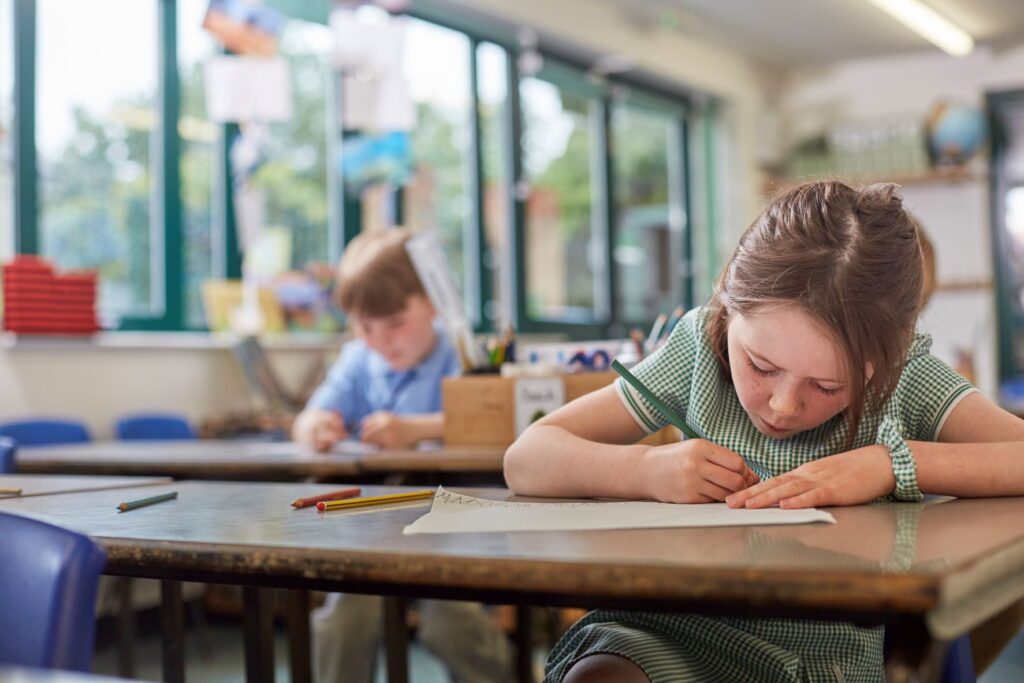How Do I Prepare My 5 Year Old For School?
When your child is ready to start school, you can help her adjust by reading books about the new grade. A librarian can help you choose good books. You can also try books by Stan & Jan Berenstain and Janet Ahlberg, Dianne Blomberg and Marc Brown, Lauren Child, Beth Norling and others. You can also include art and singing activities. You can also talk with your child about school.
Book recommendations
Books for young children are a great way to encourage reading and early literacy skills. Although 5 year olds are still too young to read independently, they are beginning to break open a book or two. As a parent, you can help your child select the right titles to suit their interests and reading level.
Many children are scared of starting school. There are books that can help them overcome this fear. You can read a book on the importance of sharing your knowledge with others. This sweet story about a mother raccoon who has a son and a daughter is sure to inspire confidence among young children. It also teaches children about respect for others.
Set up a reading area
A dedicated reading area in your home can be a great way to get your child interested in reading. The space should be attractive and comfortable to encourage your child to read. You can decorate the space with pictures of your child reading or colorful drawings. You can also place books in baskets, crates, or on low shelves. A teacher or librarian can help you design the perfect reading space.
It is simple and fun to create a reading space. Creating a reading nook for your child can be an enjoyable project for the whole family, and you can even tackle the task on your own if you’re a beginner. Consider the favorite spot your child reads, and brainstorm ideas to recreate it. Once you have a plan in place, you can assess your skills and resources. You don’t need to be a skilled craftsperson to create a reading nook. There are already many pre-made nooks that can be found online.
Playing with your child
Play is an essential part of your child’s development. It helps prepare them for the transition to school. It helps children learn about physical and emotional boundaries. It helps children to learn problem-solving skills. Play helps your child make friends with other children. It also strengthens your relationship with your child.

Playing with your child can help them learn about different subjects in school. Children should be able read and use maps. They should also be able to count blocks and coins. Playing at home with your child will help you teach them about different types of living creatures. It can also help him or her learn about plants, animals, and outer space. In addition, it helps them learn about the properties of different liquids and solids.
Encourage active learning
To help your 5 year old be ready for school, you can encourage active learning at home. This type of learning helps children retain information and develop critical thinking skills. It can also increase your child’s interest and help them understand the lessons. Active learning can be encouraged whether your child is at home with friends, playing sports, or acting out in school plays. Engaging your child in learning can be done by listening to their opinions and encouraging them to participate.
Active learning is vital for the holistic development and well-being of your child. It engages all their senses and allows them to work on different learning tasks at the same time. It encourages children’s independence and decision-making. Some parents use games and activities to encourage their children’s active learning. Others may prefer a more systematic approach.
Getting involved in school activities
Participating in school activities is a great way to support your child’s education. These extracurricular activities enrich classroom learning and give children an opportunity to explore interests and talents outside the classroom. They include cheerleading teams and cheerleading squads, arts and crafts and robotics, dance and drama. They can also participate in after-school programs and community partnership services.
Parents can volunteer at the school of their child or join the parent-teacher association. Teachers appreciate parents volunteering in their child’s classrooms or at the library. Parents are welcome to attend school events such as parent nights and performances. Most schools have parent groups, or PTAs, that meet regularly to help the school.